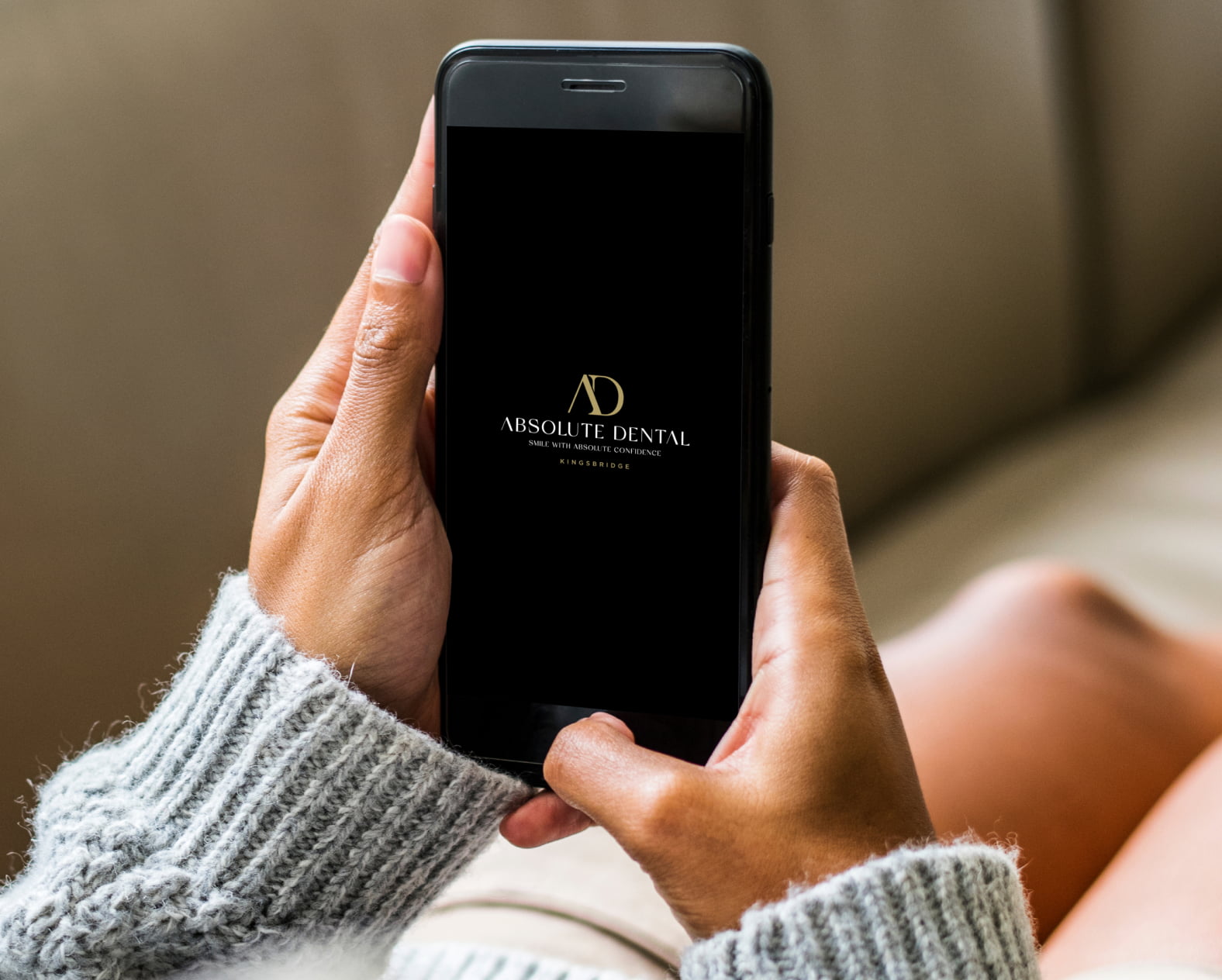20 / 11 / 2020
TURNING BACK THE CLOCK AT ABSOLUTE DENTAL!
Botox might do more than simply paralyze facial muscles to create a more youthful appearance.
New research suggests the anti-aging treatments may also turn back the clock on facial skin itself, aiding its ability to stretch and recoil.
In a recent study Dr. James Bonaparte, a plastic and reconstructive surgeon and an assistant professor at the University of Ottawa in Canada wrote that Botox treatment seems to promote production of elastin and collagen, a pair of proteins that make young skin tight, firm and flexible,
“We found if we treat people with Botox using standard techniques, we see an increase in elasticity, which is what you’d see in people with more youthful skin,” Bonaparte said. “We’re actually seeing evidence that we, for some reason, are getting more elastin and collagen in the skin.”
As people age, repeated facial expressions wrinkle the face. At the same time, levels of elastin and collagen decline in the skin, causing it to sag. These two factors contribute to facial ageing.
Bonaparte and his colleagues gave 48 women, average age 55, their first-ever Botox injections, treating the skin between the eyebrows and around the eyes. They then followed the women for four months to see how the injections affected the skin.
They found that the Botox increased the stretchiness and elastic recoil of the women’s faces, causing changes in composition that mimicked more youthful skin
“It’s temporary, but it’s not a byproduct of swelling, and it’s not a byproduct of muscle contraction. It’s something that’s intrinsic to the skin itself,” said Dr. Catherine Winslow, an Indianapolis plastic surgeon who wrote an editorial accompanying the new study.
There’s no clear reason why Botox has this effect. Bonaparte believes that the cells that produce elastin and collagen may contain a receptor that somehow responds to Botox. If that’s the case, future drugs could target that receptor with even better results than those produced by Botox.
“We may be able to develop some medications that don’t require injection, that you can apply topically and get the same skin rejuvenation effect as Botox,” he said.
Botox might have an antioxidant effect on skin tissue. The muscles of the face produce waste products as they move . These toxins may damage the skin’s elastin and collagen. By paralyzing the facial muscles, she suspects Botox gives the skin a chance to heal itself from this damage.
There could be a simpler answer . Paralysis caused by Botox simply gives collagen and elastin a chance to recover from constant motion and settle back into position.
The research team will next investigate whether extended use of Botox can have long-term benefits for the face, Bonaparte said. Prior studies have shown that people who frequently use Botox are able to get by with lower doses over time, and can go longer periods between injections.
If you would like to turn back the hands of time, call us today on 01548 852165 for your facial aesthetics consultation.
GET IN TOUCH WITH US
- 3 Duke Street Court
- Bridge Street
- Kingsbridge
- TQ7 1HX











